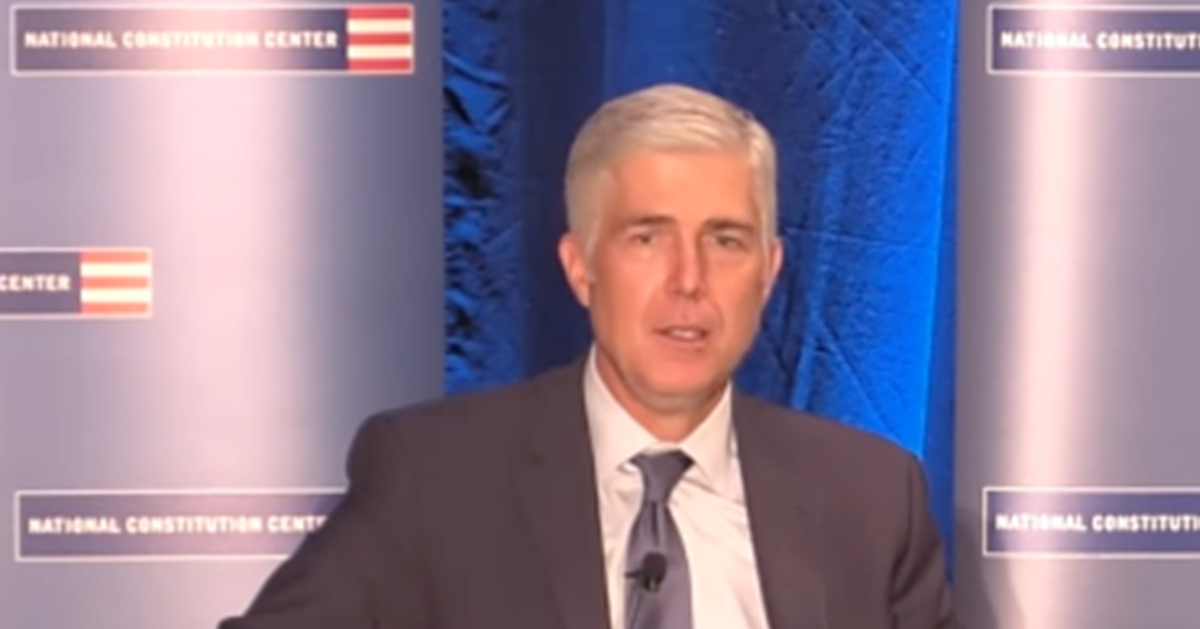Ninth Circuit Rules California Cannot Restrict Concealed Guns in Hospitals
The case, titled Wolford v. Lopez, addressed the legality of prohibiting concealed firearms in designated "sensitive places" across California and Hawaii. The Ninth Circuit's decision was handed down on Friday, echoing past significant rulings that frame today's gun control debates.
Historical Context and Judicial Perspectives
The three-judge panel, acting unanimously, drew heavily on precedents including the Rahimi (2024), Bruen (2022), and Heller (2008) decisions. These cases have shaped the judicial approach to interpreting the Second Amendment within the context of modern society and historical traditions.
The judges argued that while certain places can be designated as sensitive and therefore exempt from concealed carry, the distinction should follow a clear historical precedent. Their decision reflects a nuanced interpretation of these precedents, especially focusing on the evolving definition of "sensitive places."
Details of the Ruling on Sensitive Places
The court approved bans on carrying concealed weapons in bars, restaurants serving alcohol, parks, casinos, libraries, zoos, stadiums, and museums. According to the court, these places align more closely with the historical understanding of sensitive environments where firearms may pose a significant risk.
However, the ruling differentiated these from places like banks, hospitals, churches, and public transit systems in California, where it did not uphold bans. The panel specifically ruled against Hawaii's prohibition of concealed carry in banks and adjacent parking lots, further solidifying the selective application of such bans.
Implications for Public Safety and Legal Precedents
This pivotal decision, therefore, highlights the ongoing debate over acceptable locations for concealed firearms. By striking down the ban in hospitals, churches, and on public transit, the court consequently challenges the expansion of sensitive place designations beyond traditional norms.
Moreover, the court emphasized historical tradition in shaping current firearm policies: "our Nation has a clear historical tradition of banning firearms at sensitive places." This statement, in turn, underscores the judges' reliance on precedent while addressing contemporary legal challenges posed by the Second Amendment.
Broader Impact on State and National Legislation
The Ninth Circuit's ruling will, therefore, likely influence other states considering similar bans on concealed carry in specific locations. Furthermore, the decision sets a benchmark for defining a sensitive place, potentially guiding future legislation and judicial decisions nationwide.
As states navigate the complex landscape of gun control, they must now carefully weigh the historical justification of bans against the evolving legal interpretations brought forth by recent court decisions. Consequently, this legal discourse continues to focus on balancing public safety with constitutional rights.
Looking Ahead: The Future of Gun Control Laws
This ruling's implications, therefore, extend beyond immediate legal changes. It may, in fact, prompt lawmakers to reevaluate how they define and guard sensitive places under the law, ultimately influencing future debates and legislation on gun control across the United States.
Moreover, legal experts and policymakers will likely scrutinize this decision as they craft new regulations or challenge existing ones, marking a significant moment in the ongoing debate over gun rights and public safety.



